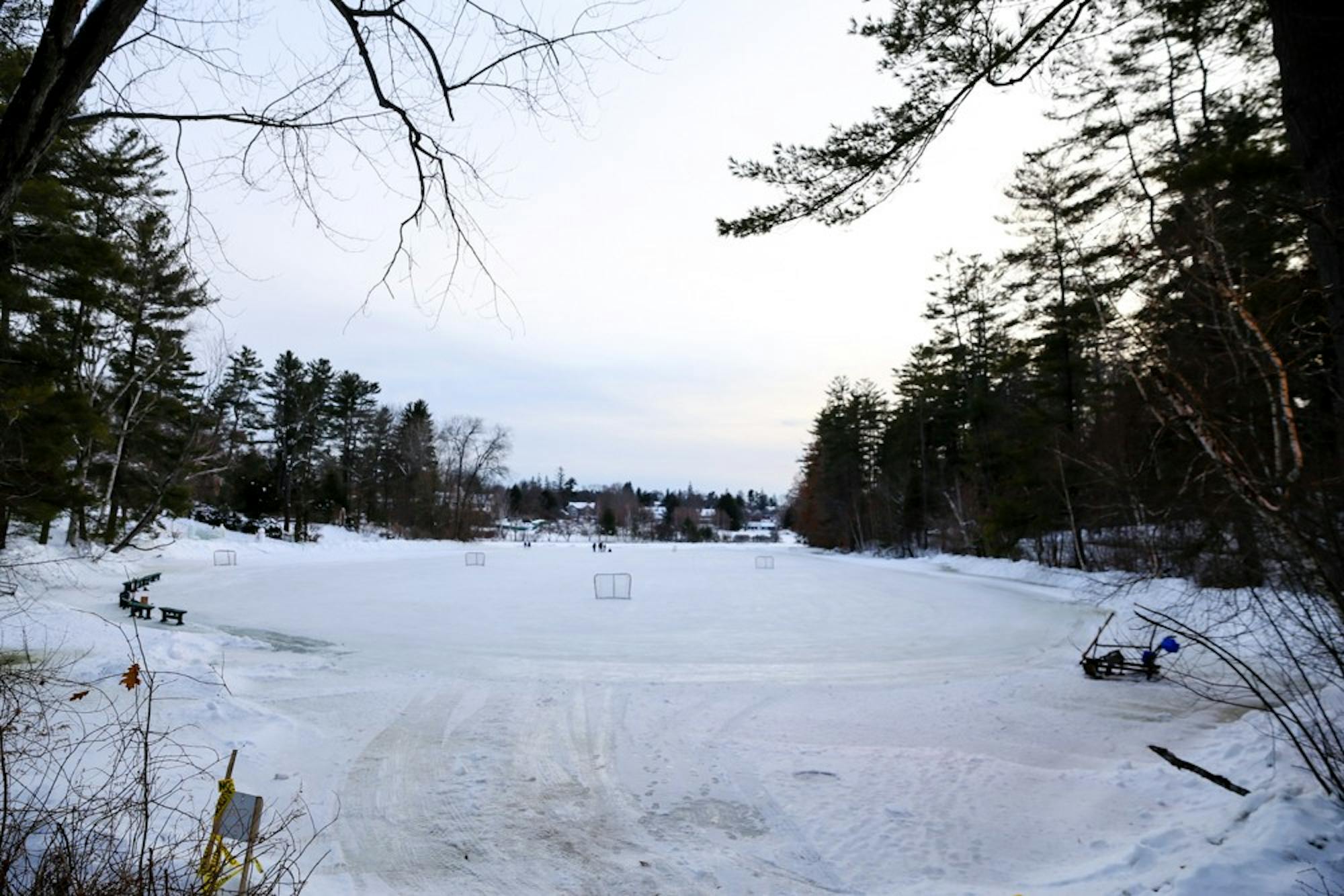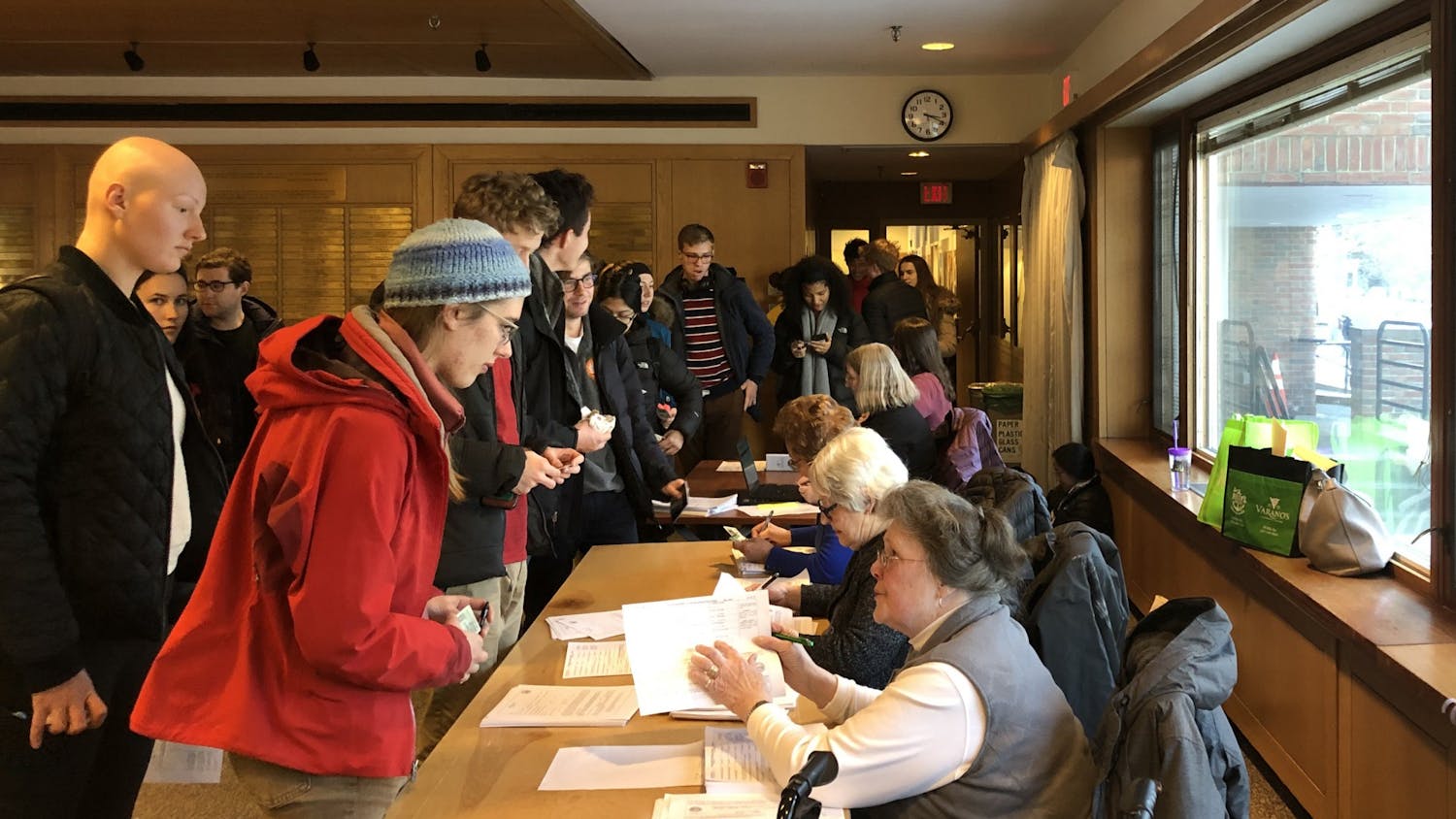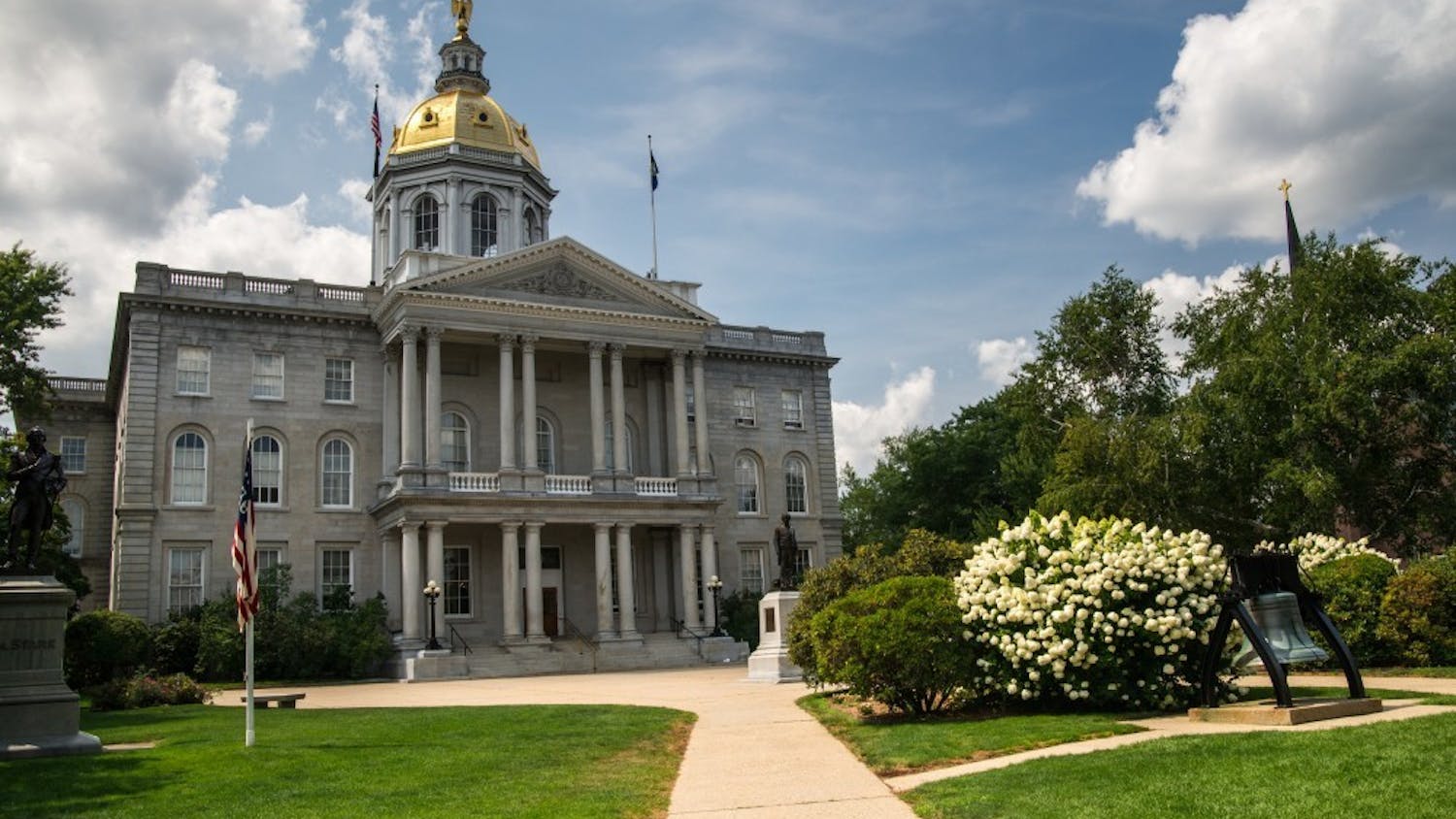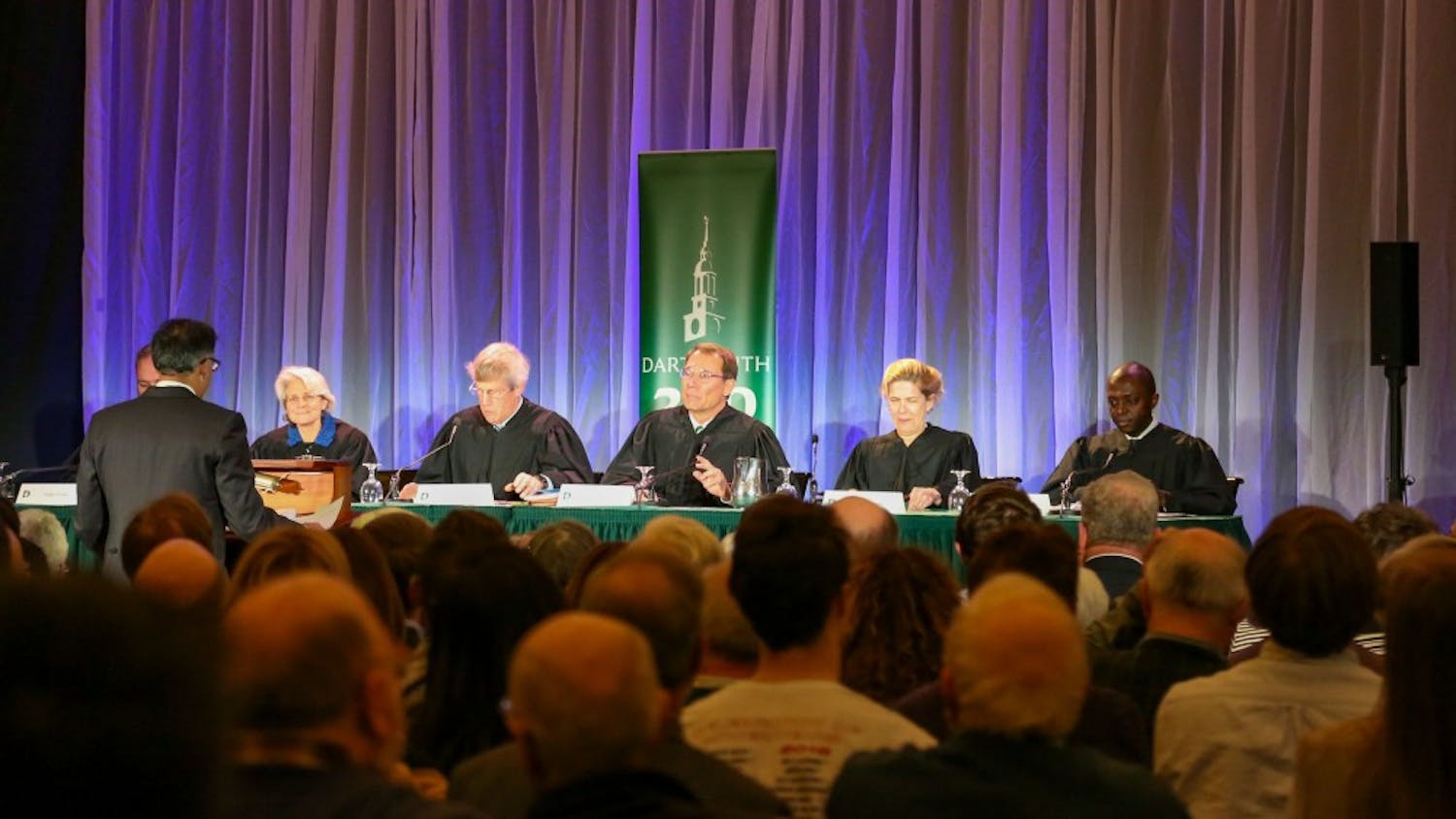The Environmental Protection Agency’s Navigable Waters Protection Rule, which was finalized on Jan. 23, will likely create environmental issues both locally and broadly, according to Dartmouth professors and environmental nonprofit leaders. By loosening protections for waterways and wetlands not traditionally considered navigable or connected to navigable water, the changes can impact pollution to areas like Occom Pond, Mink Brook and small bodies of water on private property.
“The water of the United States that needed the most amount of water protection are now getting the least amount of protection from the federal government or actually no protection from the federal government” because of the new rule, said environmental studies professor Ross Jones.
According to Jones, a change in 2015 to the “Waters of the United States” rule by the Obama administration tried to “both add more science into the definition and also to clarify the definition.” Jones said the rule ensured that wetlands and smaller tributaries not necessarily connected to a navigable water source could be regulated by the EPA, given that they were “15,000 feet within a navigable river.” However, the Trump administration has tried to repeal the rule since 2017.
Geography professor Frank Magilligan said that all navigable waters in the United states are subject to federal regulation based on longstanding law.
New Hampshire Gov. Chris Sununu (R) wrote a letter in support of the Trump rollback proposal when it was first proposed in 2017. The letter stated that “[n]arrowing the scope of the definition of ‘waters of the United States’” would benefit New Hampshire given that “costs of wetland alteration will be significantly reduced for New Hampshire businesses,” which would in turn “promote development within the state and stimulate New Hampshire’s economy.”
Cathy Corkery, chapter director and senior organizing representative of the New Hampshire Sierra Club, voiced concern for the new rule.
“There are a lot of wetlands that would be affected by this change, and Sununu supported it,” Corkery said. “A lot of these rural communities that do not . . . have the structure for monitoring and protecting these places now.”
Corkery said she believes that the places without resources “will just be forgotten, and the value of them being what they are will be lost as well.”
Though the Connecticut River would most likely be protected under the new rule, tributaries like Mink Brook, bodies of water like Occom Pond or small water bodies on private property will most likely not be covered, according to Jones.
Adair Mulligan, the executive director of the Hanover Conservancy said that the changes could have major implications.
“Whatever we do here in the Connecticut River Valley affects Long Island Sound,” Mulligan said. “You don’t wanna be weakening nitrogen limits or phosphorus pollution limits because they will affect somebody’s economy down stream, not just somebody’s ecology.”
Jones noted that the unique political atmosphere in New Hampshire — which often values individual rights — might increase the harm of the new rules.
“Telling people what they can do on their property is what many if not most politicians in New Hampshire will have a real hard time doing both personally and also politically if they want to get reelected,” Jones said.
Jones also voiced concern about wetlands protections.
“The amount of wetlands that have been destroyed over the last 200 years has been astronomical,” Jones said.
Without protection, these wetlands can be polluted by fertilizer, manure and pesticides, which can eventually travel to navigable waters as well as be filled for farm or real estate development, according to Jones.
“That’s sort of what I see as the big disaster there,” Jones said.
With the rule change, Jones noted that the question becomes whether the state is willing to invest the money or whether the state even has enough money and staff to actually monitor these waterways and wetlands.
“No sort of regulation comes without a price tag,” he said.
Ross voiced his concern about the accumulating effect of polluting in all these wetlands and small waterways, which will manifest in larger bodies of water like the Connecticut River.
While the local and state issues are major concerns, geography department chair and professor Christopher Sneddon said that New Hampshire will not be the state most greatly impacted by the new rule. States with more hydraulic fracturing, mining or heavy industry are more likely to be affected by these new rules, he added.
Magilligan said that the rules will bring with it many social costs which are widely distributed, and Sneddon said that organized interests such as fossil fuel companies, mines or big agricultural operations could reap the benefits of such a rollback.




